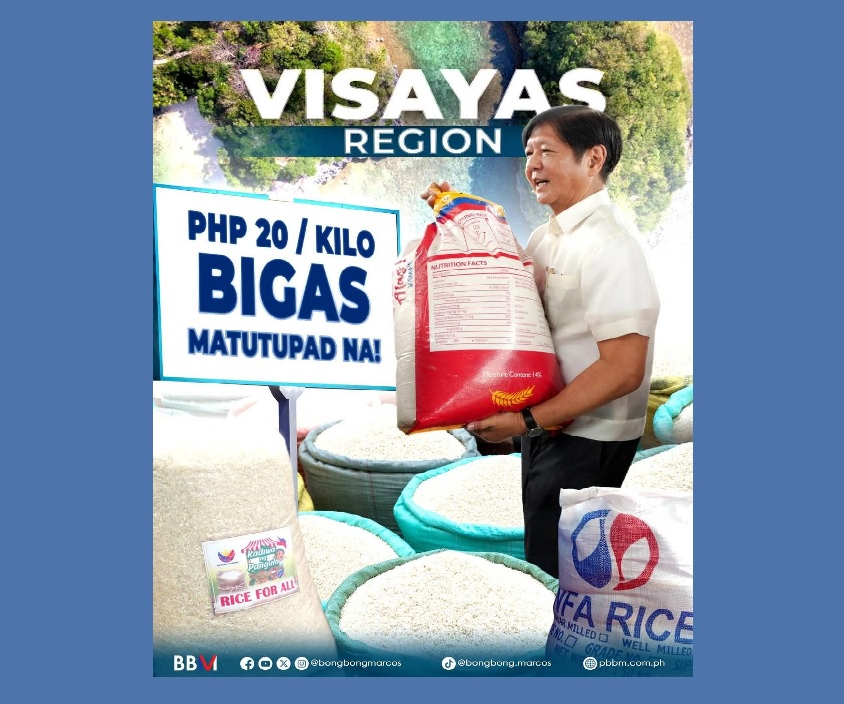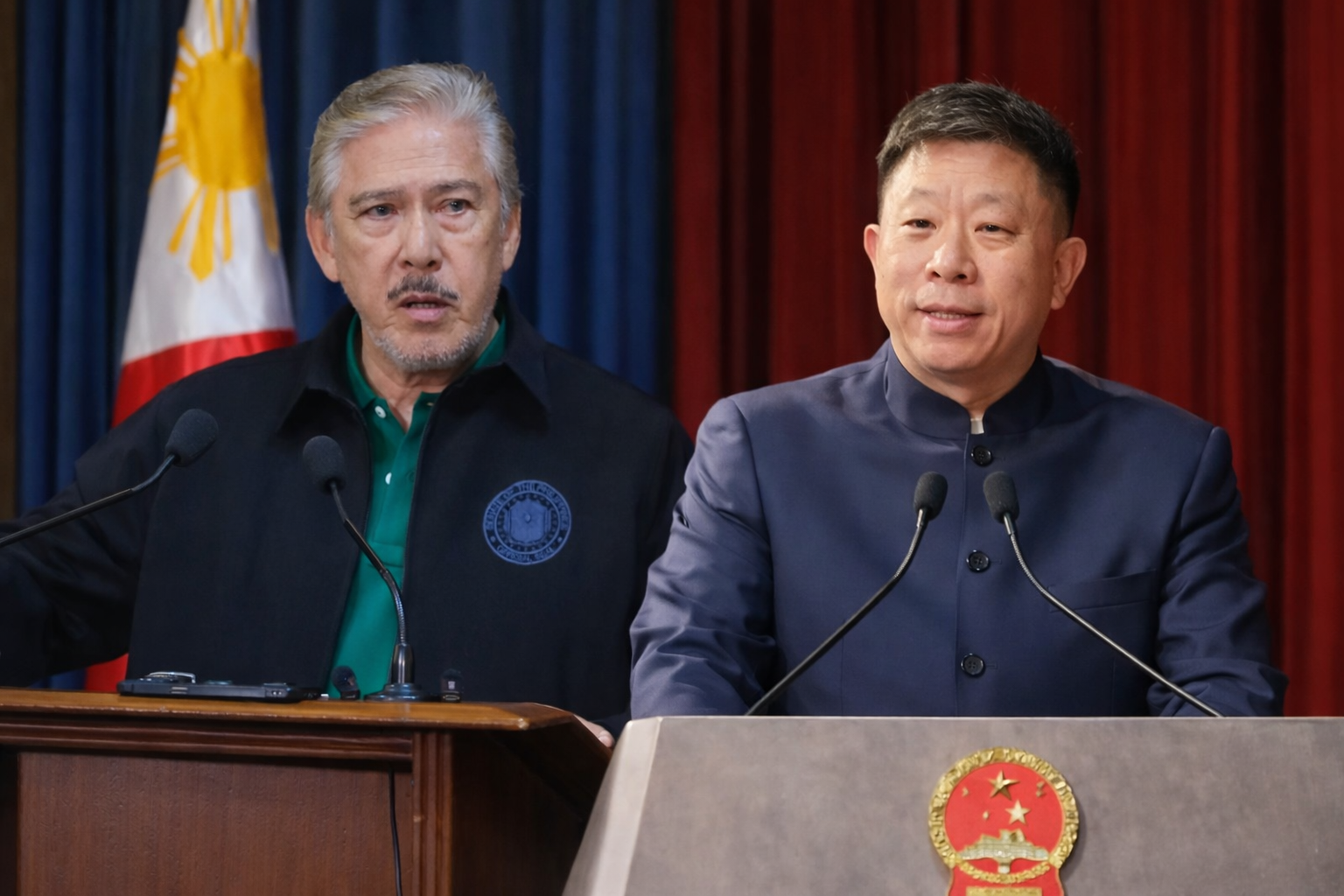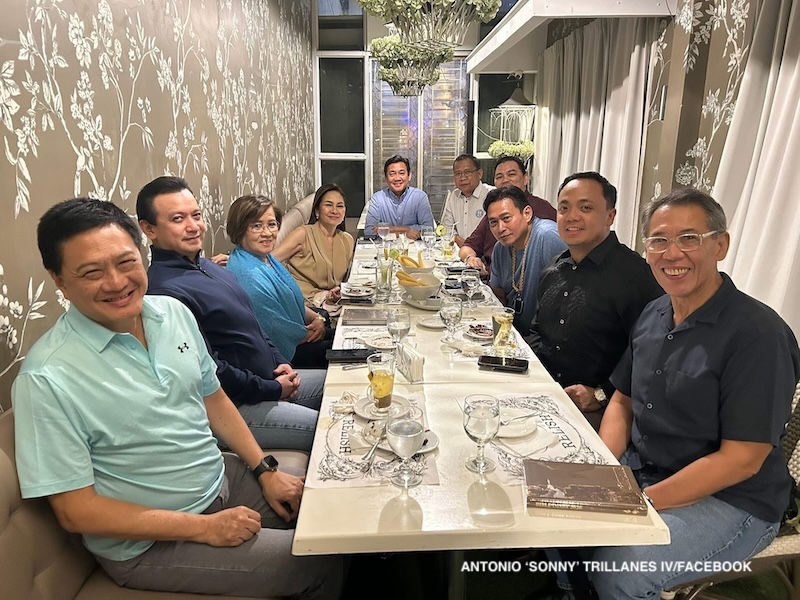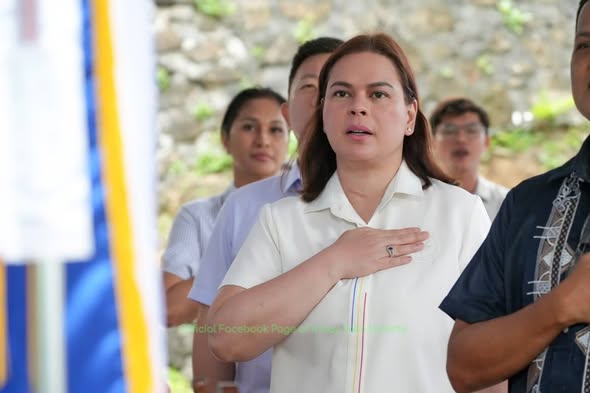
[I am giving way to the essay written and posted on Facebook by a scholar and university professor on the burning issue today]
The ₱20 Rice Illusion:
A Populist Scam Paid for by the Middle Class
By Harvey Malmis Niere
It was the crown jewel of Ferdinand “Bongbong” Marcos Jr.’s campaign platform: rice for ₱20 per kilo, a promise as intoxicating as it was implausible. Today, the pilot program has finally been launched in the Visayas, and the administration is shamelessly trumpeting it as a fulfillment of that promise. But peel back the glossy headlines, and what you find is not a bold social policy—it’s a fiscal scam, a populist ploy designed to win votes at the expense of reason, sustainability, and justice.
Let’s not mince words: this is not a subsidy for the poor—it’s a burden dumped squarely on the backs of the middle class. While a carefully selected group of “qualified” families now enjoy artificially cheap rice, the country’s working professionals—the teachers, nurses, engineers, and small business owners—are the ones footing the bill. Through their taxes, they are financing a program from which they are excluded. They won’t receive a single grain of this discounted rice, but they will pay for every kilo of it.
The cost is staggering. At ₱20 per kilo, the government is effectively subsidizing more than half the retail price of rice, and with the program’s budget already bloating to ₱4.5 billion, the direction is clear: more populist giveaways, more borrowing, more taxes. And guess who will be hit hardest by the inevitable tax hikes and inflationary pressures? The very people who are excluded from this program—the middle class. In a country where the tax structure already disproportionately leans on salaried workers while oligarchs and cronies skate by with loopholes, this program adds insult to injury.
Meanwhile, farmers—the supposed “lifeblood” of the nation—are being betrayed. No one in Malacañang seems to care that cheap imported rice flooding the market will drive down farmgate prices, crush local production, and decimate livelihoods. The government’s failure to ensure decent procurement prices or provide real structural support for agricultural productivity lays bare the cynical nature of this program. It is not about food security. It is not about agricultural reform. It is about optics.
What we are witnessing is the worst form of governance: a regime that governs by spectacle. Rice at ₱20 per kilo is not a serious policy—it’s theater. A desperate effort to salvage approval ratings and shore up political capital before midterm elections. It is a shiny bribe dressed as compassion, using public funds as campaign capital.
This program reveals a deeper rot in the administration’s thinking. It punishes productivity, rewards dependency, and institutionalizes inequality—not the inequality between rich and poor, but between the taxpaying and the tax-dependent. The hard-working middle class is being squeezed to bankroll programs they cannot benefit from. This is not just unfair—it is grotesque.
The Philippines does not need another illusion. It needs leadership with the courage to tell hard truths, to make tough decisions, and to invest in long-term solutions—irrigation, mechanization, farmer cooperatives, research, and rural infrastructure. What it doesn’t need is more circus acts from a dynasty whose idea of development begins and ends with crowd-pleasing slogans.
Marcos Jr. may have delivered ₱20 rice to a few, but the country is paying for it in full—and the middle class, once again, is paying the most.





